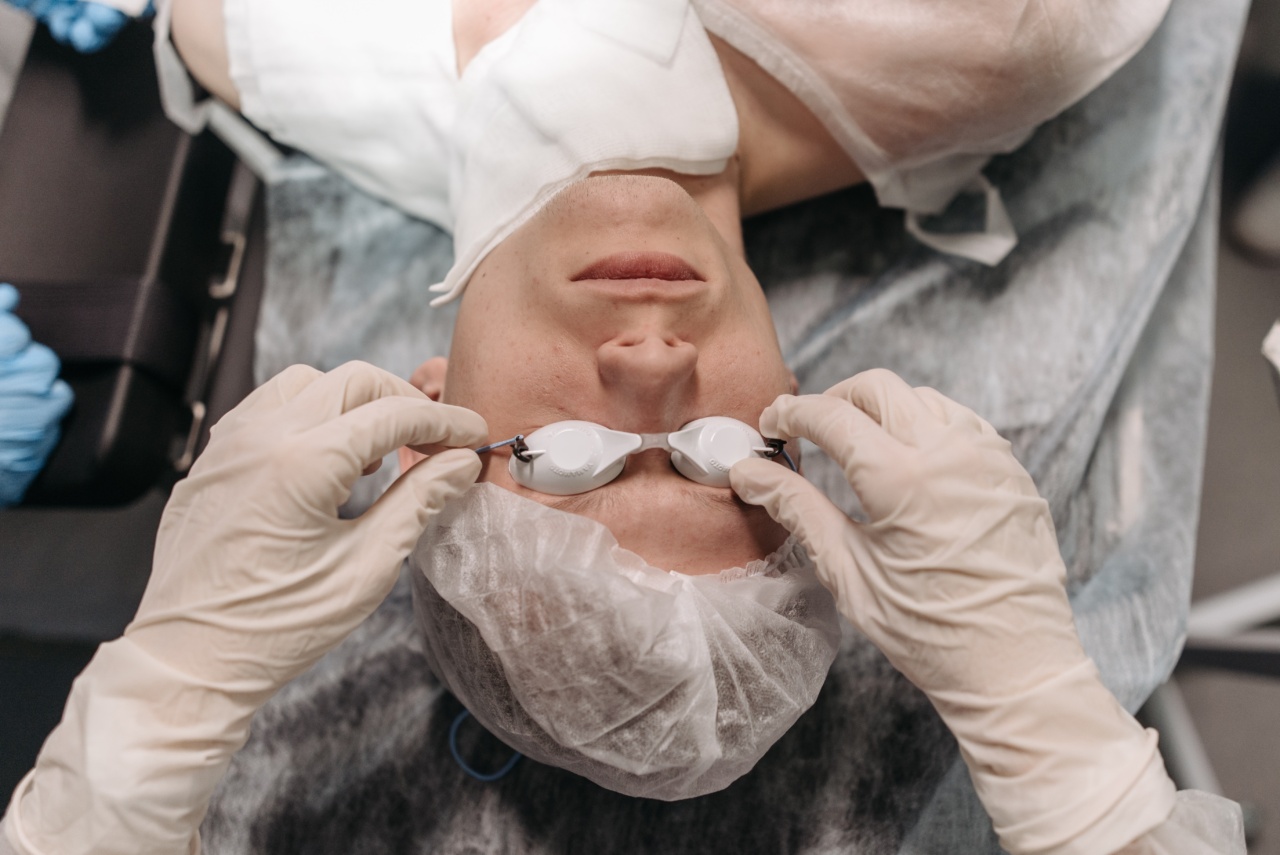Hip arthroplasty, also known as hip replacement surgery, is a surgical procedure that involves replacing a damaged hip joint with a prosthetic joint.
This surgery is typically recommended for individuals who have severe hip pain and limited mobility due to conditions such as arthritis, fractures, or severe hip injuries.
Consult with your doctor
If you are considering hip arthroplasty surgery, it is important to consult with your doctor to determine if this surgery is right for you.
Your doctor will evaluate your medical history, perform a physical examination, and may also order imaging tests to assess the severity of your condition.
Prepare for the surgery
Once you have decided to undergo hip arthroplasty surgery, it is important to prepare for the procedure. You may be asked to stop taking certain medications, including blood-thinning medications, several days before the surgery.
You may also be asked to refrain from eating or drinking anything after midnight the night before the surgery.
Arrange for assistance
After the surgery, you will need assistance with daily activities such as bathing, dressing, and preparing meals. It is important to arrange for a caregiver who can provide this assistance during your recovery period.
Complete pre-operative testing
Prior to surgery, you may be required to complete additional testing, including blood work and a physical examination. Your doctor will provide instructions on what needs to be done prior to the surgery.
Attend pre-operative meetings
You may also be required to attend pre-operative meetings to learn more about the surgery and what to expect during the recovery period. This is an opportunity to ask any questions or concerns you may have.
Prepare for post-operative care
After the surgery, you will need to take extra care to ensure that the surgical wound heals properly and that you regain your mobility. This may include physical therapy, taking medications to manage pain, and following a strict rehabilitation schedule.
It is important to prepare for this post-operative care period in advance.
Arrange for transportation
It is important to arrange for transportation to and from the hospital on the day of the surgery, as you will not be able to drive yourself home. You may also need assistance with transportation to follow-up appointments after the surgery.
Prepare your home
You will also need to prepare your home for your recovery period.
This may include purchasing assistive devices such as crutches or a walker, rearranging furniture to improve accessibility, and removing trip hazards such as loose rugs or electrical cords.
Keep a positive attitude
Preparing for hip arthroplasty surgery can be overwhelming, but it is important to keep a positive attitude throughout the process.
Remember that the surgery is intended to improve your quality of life and that with proper preparation and post-operative care, you can make a full recovery.























